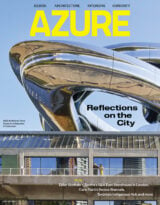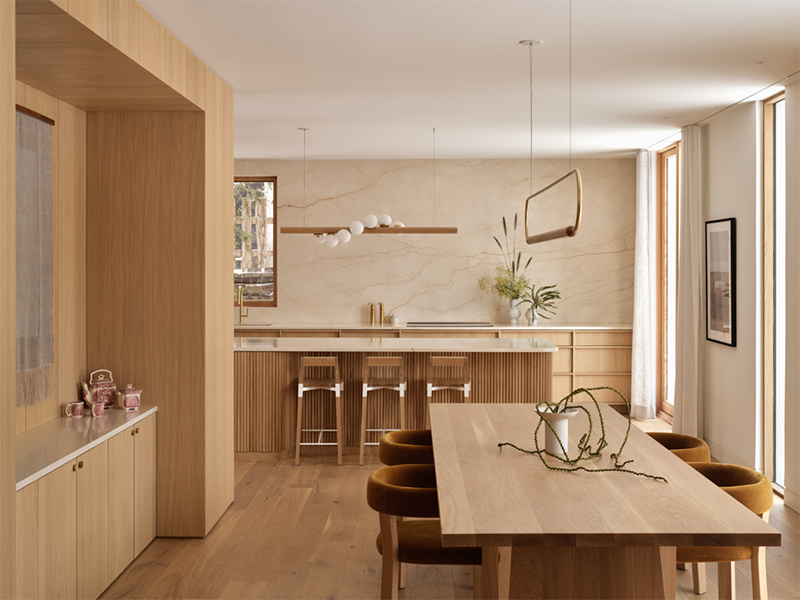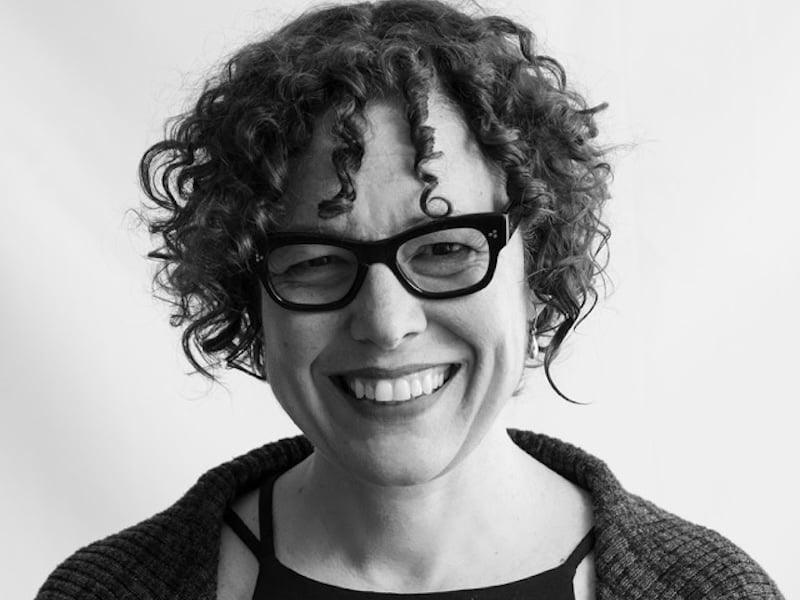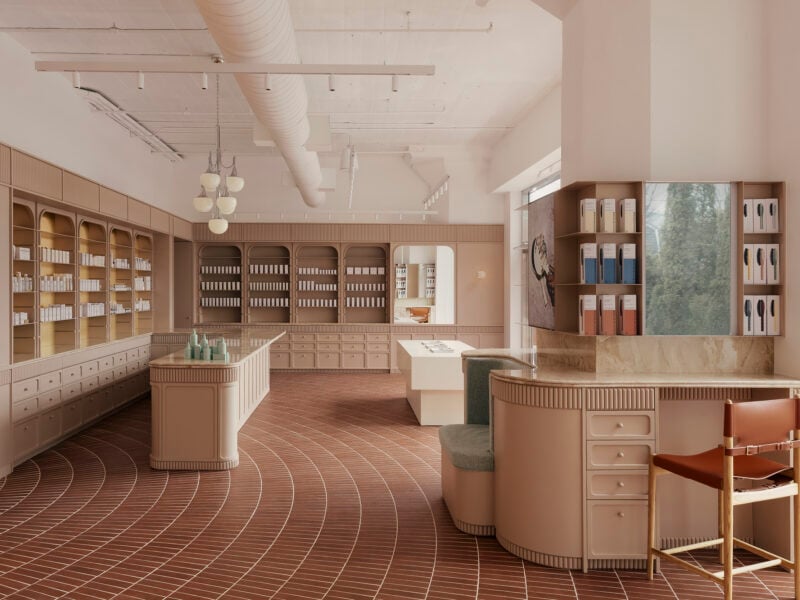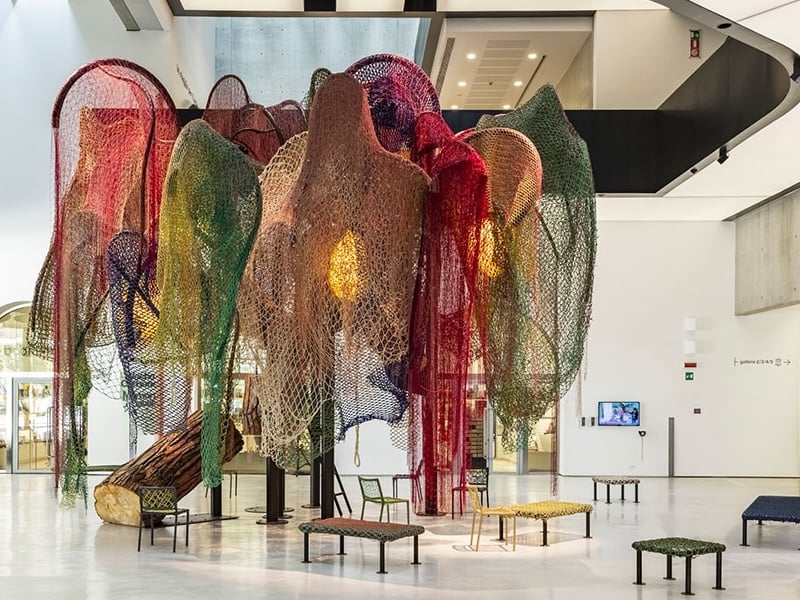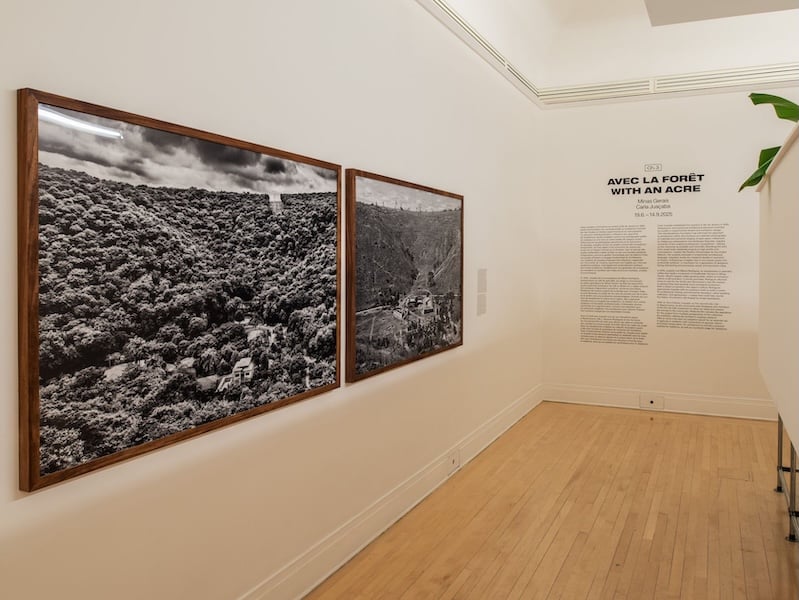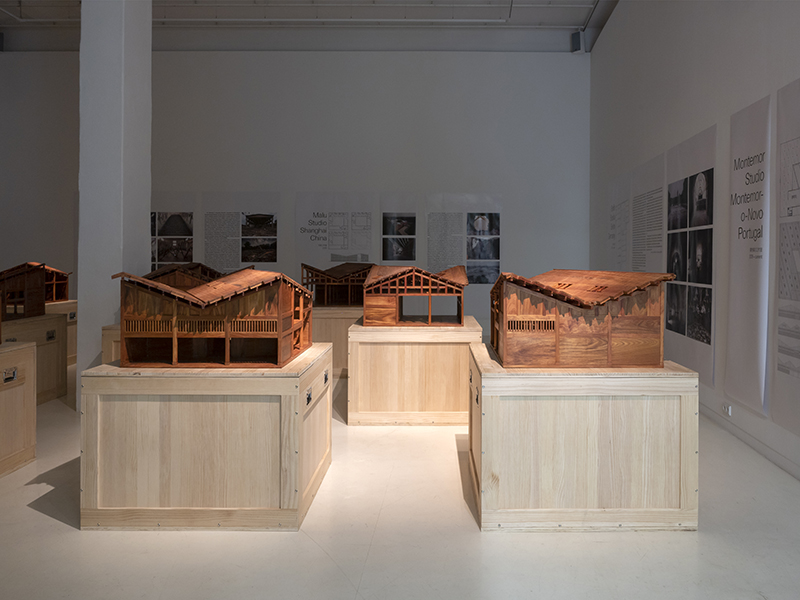
Ai Weiwei stands among today’s most influential artists and is a fearless critic of protectionism, nationalism and exclusion. He is a tireless advocate for human rights through his multifaceted practice – which spans art, architecture, film and activism – that fuses traditional Chinese techniques with global aesthetics, politics and personal narrative. He continually questions power structures and addresses issues of censorship, displacement and freedom of expression. His studios are more than just workspaces – they are extensions of his thinking and creative process. The exhibition Five Working Spaces at Aedes presents studios in Beijing, Shanghai, Berlin and Montemor-o-Novo, near Lisbon. Designed, commissioned and used by Ai Weiwei himself, they reflect formative phases in his life and reveal the dialogue between artistic production and the built environment.
Rather than a conventional architectural exhibition, Five Working Spaces explores studios as spaces of possibilities – temporary, often vulnerable environments that both support and reflect artistic creation. Ai Weiwei’s studios tell a story of artistic resilience; each workspace reveals how the environment shapes creation and reflects the artist’s journey across continents. Closely linked to the projects conceived within them, these studios are manifestations of Ai Weiwei’s ongoing negotiation between autonomy, transience and expression. The five workspaces are presented through architectural models, photographs, sketches and plans, complemented by personal texts written by the artist.
